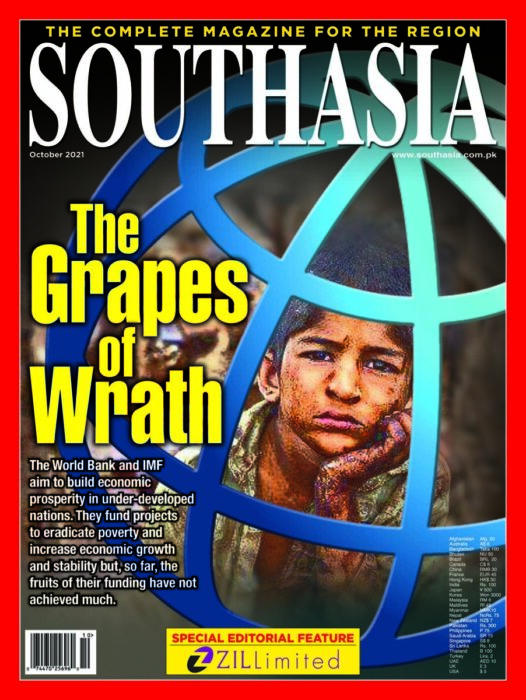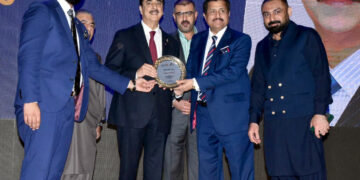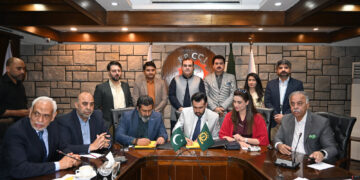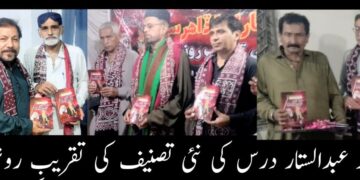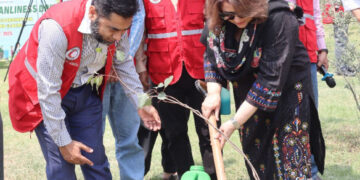Karachi, October 04, 2021: ‘The World Bank is more than a project financing institution and the design of the projects the Bank supports has a large policy content.’
This was stated by Shahid Javed Burki, former Vice President of the World Bank and Pakistan’s former caretaker Finance Minister, in an interview with the U.S. award-winning magazine South Asia.
In his in-depth interview, Shahid Javed Burki has shed light on the primary objectives behind the formation of the financial structure of the World Bank and how its policy framework gradually reduced the role of the recipient governments to the point where they were left only with managing defense and internal security.


He stated that the financial structure of the World Bank, initially known as the International Bank for Reconstruction and Development (IBRD), was cleverly designed. He said while the member countries provided it with its capital, only a small part of it was used for funding the operation, and the larger part was kept in reserve to provide comfort to the capital markets from where the Bank obtained money for lending to member nations.
Throwing more light upon the way the World Bank makes its policy decisions, Shahid Javed Burki said the policies the Bank advances in its work are the result of considerable internal debate, while senior managers in the Bank have the space to operate in which they can review and suggest changes as projects, programs and policies are being implemented.
“The Bank’s work is not greatly influenced by the institutions’ rich shareholders. Those who manage the day-to-day work of the institution have considerable leeway,” he added.
Sharing his views about the World Bank’s contributions to developing countries, Javed Burki said when India and Pakistan emerged as independent nations, they needed development funds, which were payable at the rates available to Europe, Japan, and East Asia. This way of obtaining external help could not be managed by the new countries.
“Since its inception in 1944, the World Bank has been through a number of changes of considerable significance; some are not often recognized by the citizens of the countries who are its main targets of attention” according to Shahid Javed Burki, former Vice President, World Bank Group.
Along with the interview of the former Vice President of the World Bank, Shahid Javed Burki, many distinguished writers have also contributed their articles in the October 2021 issue of Monthly SouthAsia (www.SouthAsia.com.pk)as part of the magazine’s Cover Story to coincide with the 2021 Annual Meetings of the World Bank Group and the International Monetary Fund, taking place from October 11 to October 17 in Washington, DC.
Among the leading names are Dr. Farrukh Iqbal, former World Bank official and Director of the Institute of Business Administration (IBA)and Dr. Aadil Nakhoda, Assistant Professor of Economics at IBA.


